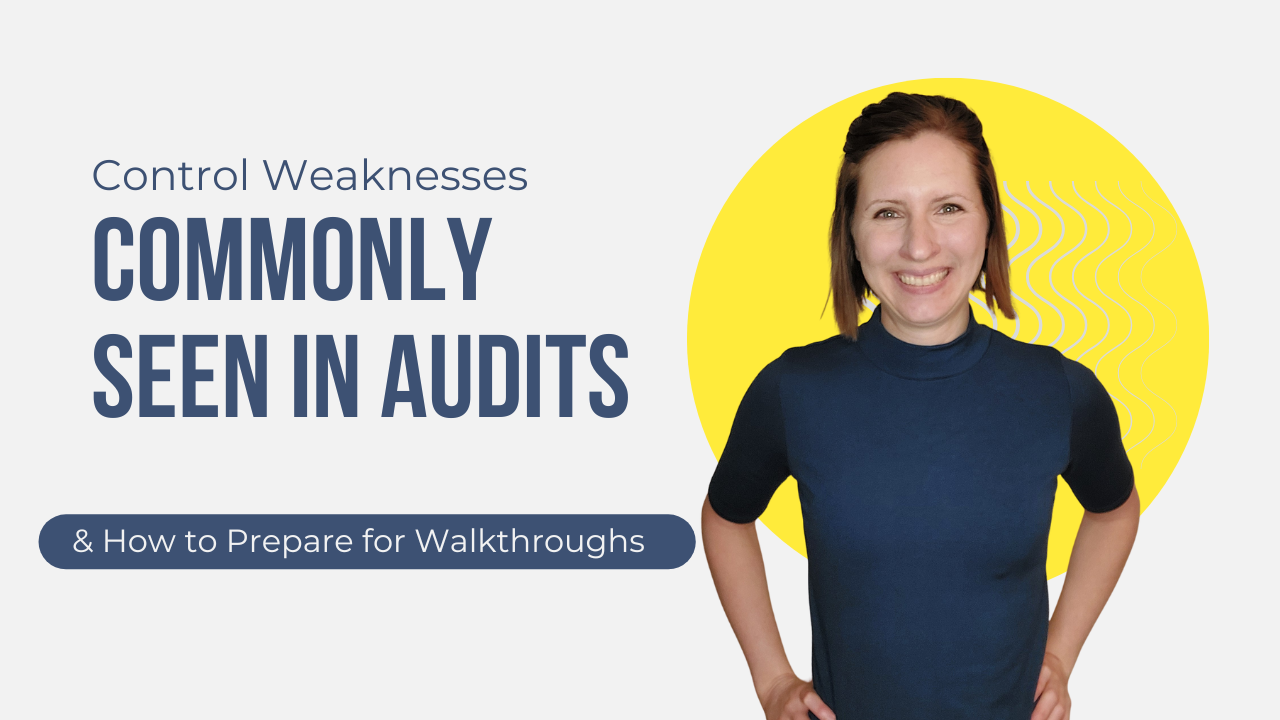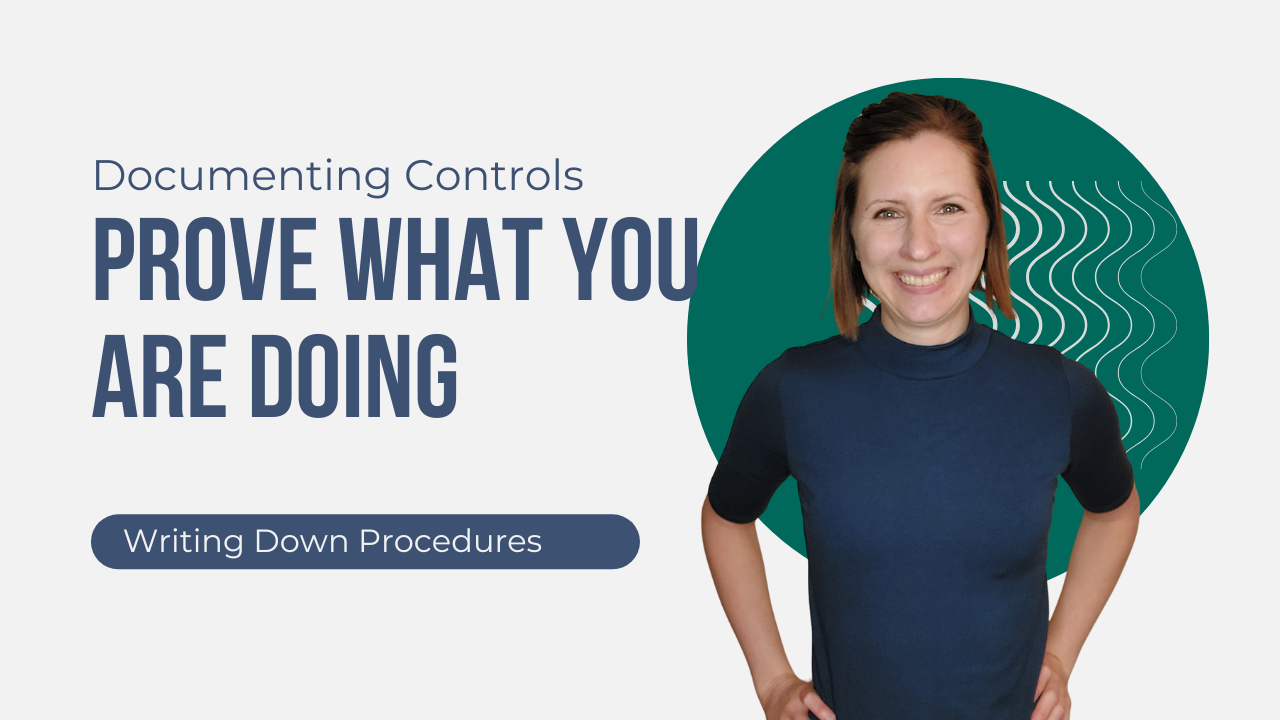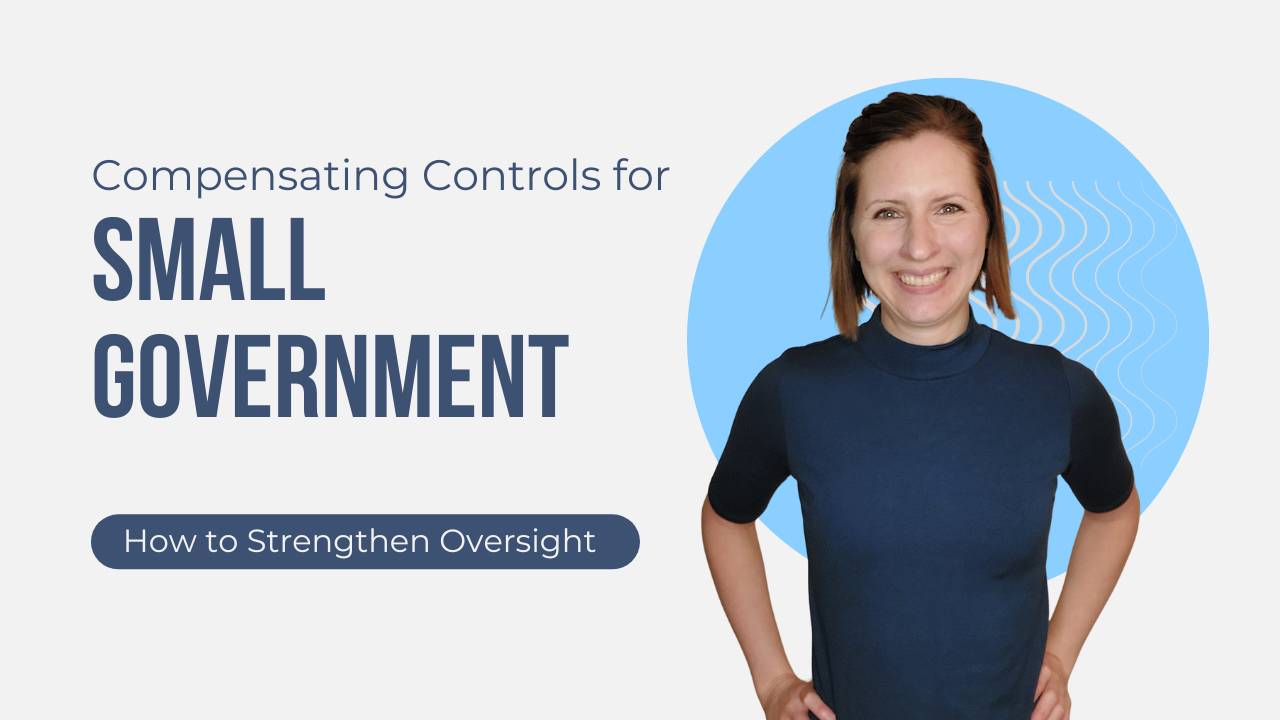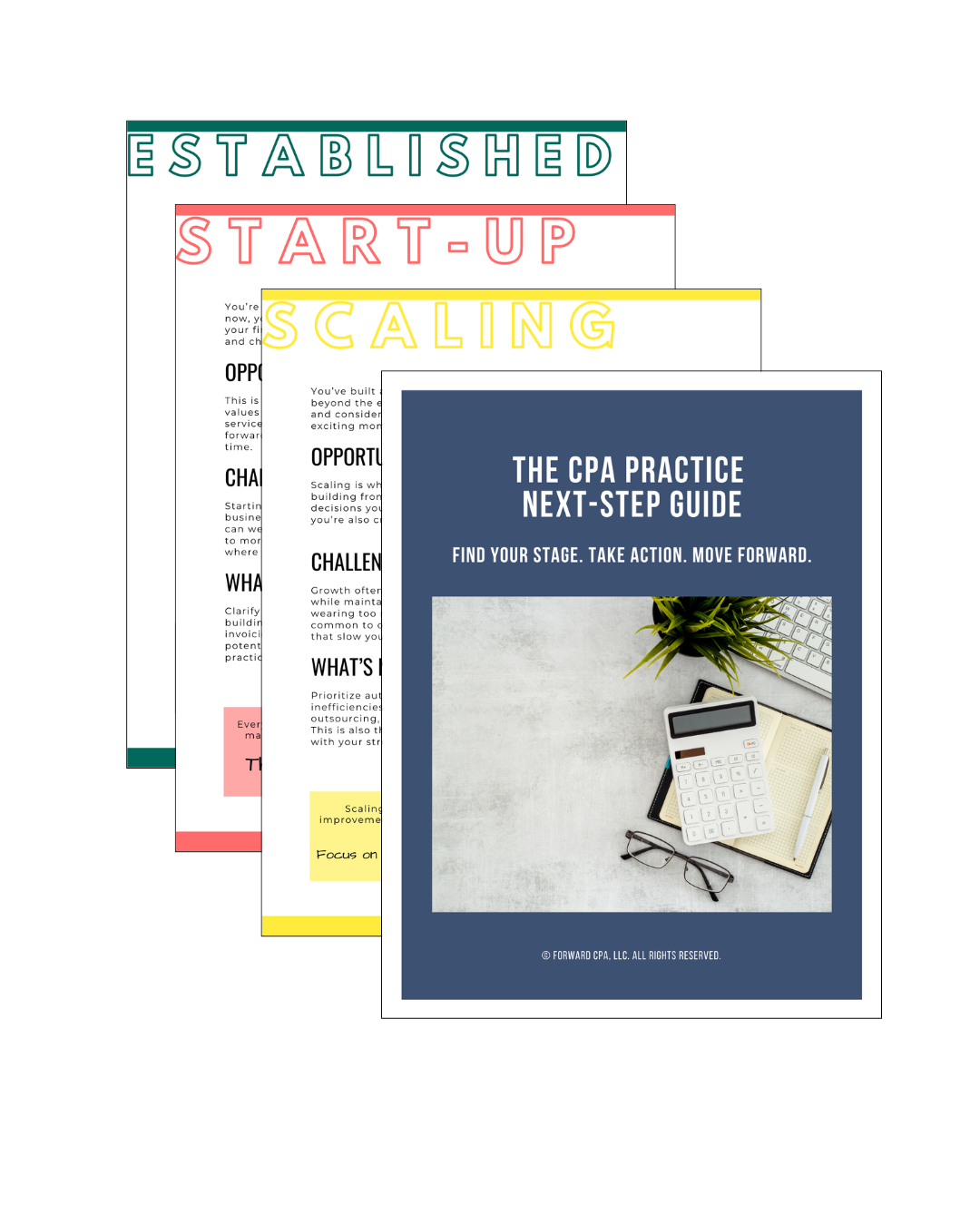How to Build a Collaborative Relationship Between Auditor and Client (Even Under Stress)
Oct 15, 2025
Audits come with built-in pressure: looming deadlines, limited capacity, unexpected findings, and last-minute questions that throw everything off track.
In that environment, it’s easy for the auditor-client relationship to get tense—fast.
But it doesn’t have to.
The strongest audits happen when both sides act like partners, not opponents.
Even under stress, a collaborative relationship makes everything easier:
✅ Questions get answered faster
✅ Documents are shared more efficiently
✅ Fieldwork goes smoother
✅ Findings are handled constructively
Here’s how to build (and maintain) that kind of relationship—even when audit season feels like a sprint.
1. Set Expectations Early—and Revisit Them Often
Strong relationships start before fieldwork begins. The pre-audit planning meeting is your chance to set the tone for the entire engagement.
✅ Align on:
-
Key milestones and deadlines
-
How documents will be shared and tracked
-
Who handles communication and follow-ups
-
What happens when there are delays or unknowns
Then revisit those expectations mid-audit. A 10-minute check-in can prevent weeks of frustration later.
2. Communicate Clearly—Even When the News Isn’t Good
Nothing erodes trust faster than silence or vagueness.
Whether you’re the client or the auditor, clarity is always better than surprise.
✅ For auditors:
-
Be transparent about missing items, scope issues, or risks to the timeline
-
Avoid technical jargon when simple language will do
-
Don’t let small issues grow into last-minute emergencies
✅ For clients:
-
Share what you know—even if something’s not ready yet
-
Flag concerns early (like new staff, grant tracking issues, or system changes)
-
Ask questions instead of guessing
Everyone’s under pressure. Clear communication is how you keep it from becoming conflict.
3. Approach Every Problem as a Shared Challenge
The audit process isn’t always smooth—and that’s okay. What matters is how you work through challenges together.
✅ When issues come up:
-
Focus on resolution, not blame
-
Ask, “How can we move this forward?” instead of “Whose fault is this?”
-
Use findings as learning tools—not punishment
A respectful tone builds trust, even in tough conversations.
4. Respect Boundaries and Roles
Good collaboration doesn’t mean crossing professional lines.
Auditors must maintain independence. Clients have limited capacity.
Knowing where those boundaries are—and honoring them—keeps the relationship healthy.
✅ Auditors:
-
Be helpful, but don’t overstep into management’s responsibilities
-
Offer templates or best practices instead of directives
✅ Clients:
-
Be open to guidance, but understand where the auditor’s role stops
-
Don’t rely on your auditor to fix the records—come prepared as best you can
Respect leads to better cooperation and fewer misunderstandings.
5. Express Appreciation—Even in Small Ways
Audit season can be intense for both sides. A little appreciation goes a long way.
✅ Try:
-
A quick thank-you email after a deadline is met
-
A shout-out for clear documentation or quick responses
-
Acknowledging the other side’s workload and effort
When people feel seen and respected, they show up better—every time.
Partnership Is the Most Underrated Audit Strategy
Audits don’t have to feel adversarial. They can be collaborative, constructive, and even empowering—when both sides approach them as a team.
✅ Set expectations
✅ Communicate openly
✅ Solve problems together
✅ Respect each other’s role
✅ Lead with professionalism—even under pressure
Because the best audits aren’t just clean—they’re built on trust.
Your Next Step Forward
Join the newsletter designed to help CPAs take the next best step in building a practice they love, with practical insights, game-changing tools, and quick wins in every email.
We hate SPAM. We will never sell your information, for any reason.




